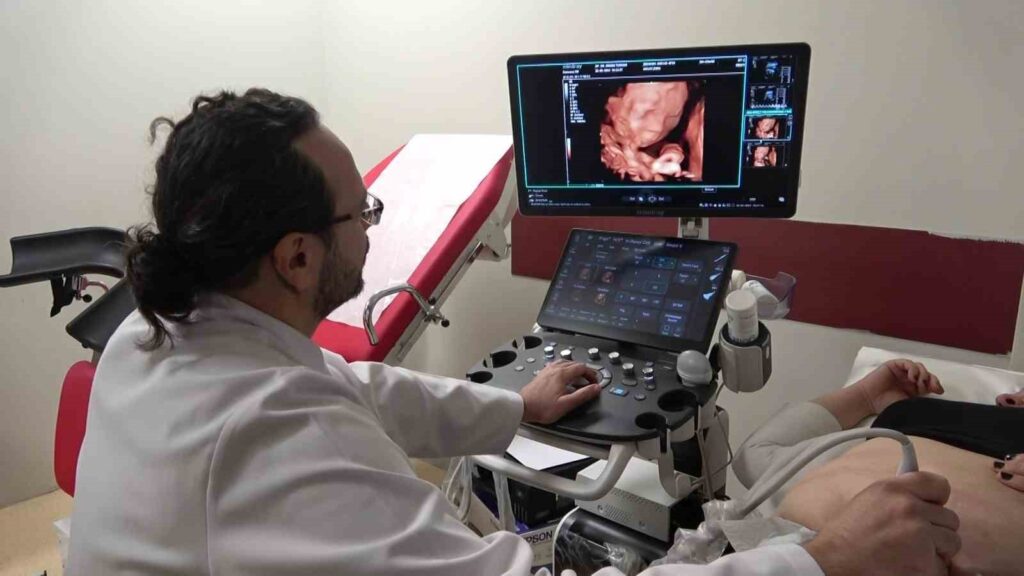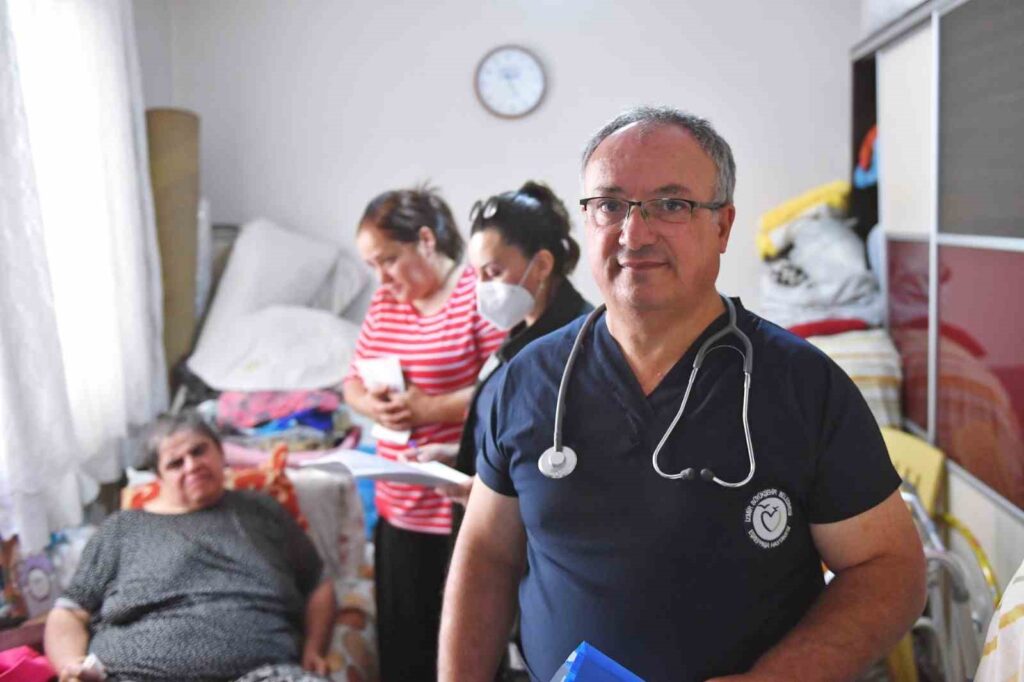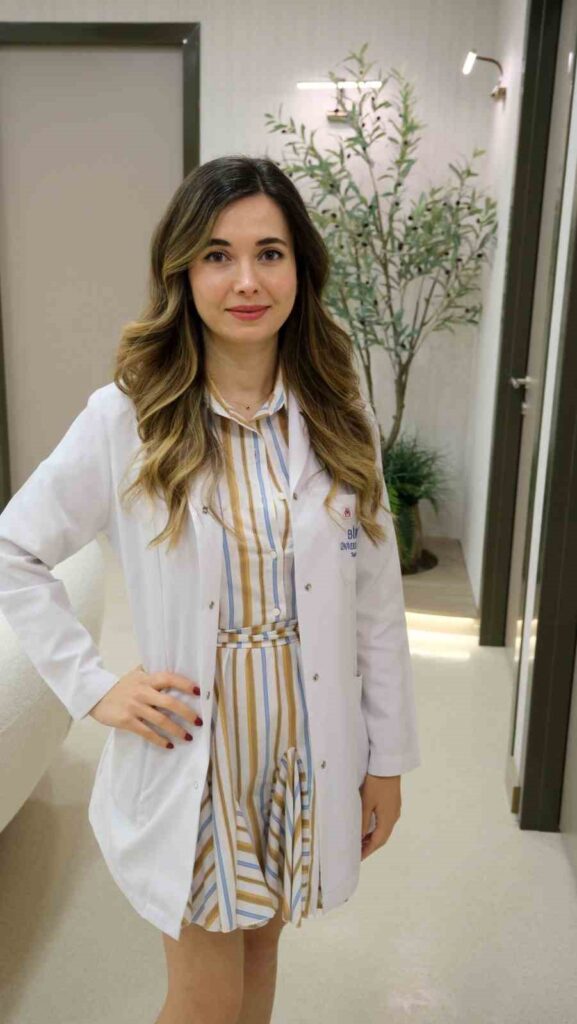The bacterium ‘Porphyromonas gingivalis’ emerging in the teeth directly affects the pregnancy process
Gynecology and Obstetrics specialist Dr. Erdem Turhan, who works in Hatay, warned women who are planning pregnancy against the ‘Porphyromonas gingivalis’ bacteria that appears in the mouth to avoid any negativity. With the rapidly increasing world population…

Obstetrician and Gynecologist Op. Dr. Erdem Turhan, who serves in Hatay, warned women who are considering pregnancy not to experience negativity against the bacterium ‘Porphyromonas gingivalis’ that appears in the mouth.
In these days when the world’s population is rapidly increasing, women who cannot get pregnant and those who experience miscarriages during pregnancy are looking for various methods of treatment. The control of the ‘Porphyromonas gingivalis’ bacterium, which is not well known among the public and appears in the gums, is important for women planning pregnancy. Obstetrician and Gynecologist Op. Dr. Erdem Turhan, who works at a private hospital in the district of Iskenderun in Hatay, made important warnings about the ‘Porphyromonas gingivalis’ bacterium, which is a hidden danger.
“Risk of miscarriage increases in women with dental disease and gum problems”
Obstetrician and Gynecologist Op. Dr. Erdem Turhan expressed that the risk of miscarriage increases in women with dental disease and gum problems, stating, “Some studies have been conducted on the subject, and first of all, it is necessary to ask how people have come up with this idea. What could be the relationship between a woman’s inability to get pregnant and dental diseases, there is actually a reality. The risk of miscarriage in women with dental disease and gum problems, high blood pressure during pregnancy, the risk of a disease known as pregnancy toxemia, and the risks of giving birth to a baby increase. In line with this, scientists have asked whether dental diseases make it difficult to get pregnant. A publication emerged in 2022 based on studies conducted and a compilation of publications was made. There are some studies on the subject, there is a bacterium called Porphyromonas gingivalis, which is most related to dental and gum diseases. This bacterium, which is most associated, and chronic infections caused by similar bacteria.”
Turhan, who advises pregnant women to seek treatment for the ‘Porphyromonas gingivalis’ bacterium that appears in the mouth, stated, “It complicates the work of people who desire pregnancy, and there are significant differences, meaning that the chances of getting pregnant for those with periodontal disease are much lower than those without the disease. Studies have also been conducted on IVF, and the risk of IVF failure in patients undergoing IVF treatment increases. There are some team studies on whether it reduces or not, no significant difference has been obtained in this, it does not significantly affect IVF treatment. In conclusion, more research is needed, but we already advise patients planning pregnancy to have dental treatments. It is necessary to say at this point, in order not to complicate your pregnancy process and to reduce some risks, our recommendations will be to have your dental treatment if there is no identifiable risk factor for those who desire pregnancy but cannot achieve it.”






